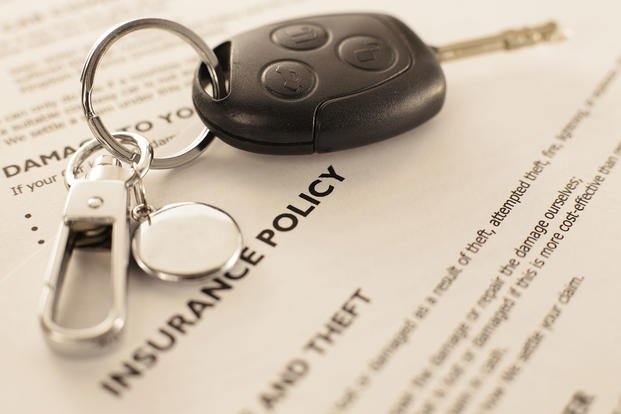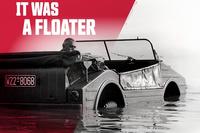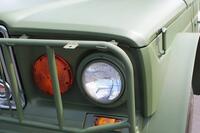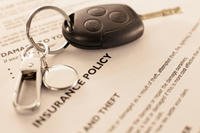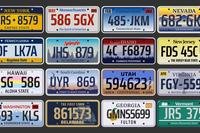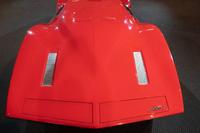I'm in the United States for a few days, and I have been having all the usual visiting America experiences: shock at all the stores and restaurants, tons of food, and amazement at all the television commercials.
One set of commercials really has me irritated. It is from a major car insurance company, and it is making a big deal about how regular insurance coverage doesn't provide enough payment if a newer car is totaled. This happens frequently when consumers borrow nearly all of their cost of a new car, and then the car is wrecked before they borrower has made enough payments to get the loan balance down below the (also falling) value of the car.
Having the right insurance protects you from owing a bunch of money on a wrecked car, having no car at all, and possibly facing lawsuits for a variety of different issues. I'm assuming that you've already covered the right insurance to cover your car, and other people's property, and medical bills, and all those other things. Now I want you to think about whether you have the right coverage to ensure that you don't end up with a wrecked car and a big balance owed on the loan for that car that can't be fixed.
How can you avoid being in a situation where a bad car crash will mean that you owe money on a totaled car? Think smart from the start.
Don't Borrow The Whole Purchase Amount
The quickest way to keep yourself in the safe zone is to make sure that you always make a large down payment when you purchase a vehicle. At bare minimum, you want to put down as much as the car is going to lose in value within the first floor months. The amount actually depends on the make and model of the car, as some cars lose value much faster than others.
Get A Short Loan With A Good Interest Rate
Longer loans mean that you are paying down your loan balance slower, which increases the chance that your vehicle's value will fall faster than your loan balance. The same is true of ultra-high interest loans. If you choose a shorter loan term and find a good interest rate, your loan balance will drop more quickly. That's always a good thing.
Don't Roll Over Debt
One of worst financial moves that a car buyer can make is to carry over debt from a previous car loan into a new car loan. I'm hoping that this once popular trend has become extinct, but I suspect that there are still some dumb lenders who make these bad loans available to buyers who don't understand all the implications.
Purchase That Extra Insurance Coverage
Insurance to cover the full loan balance is often available through the car financing company or through your automobile insurance company. It is often called GAP insurance. Some other similar policies might call it a new car replacement policy, or a full value policy. It's not cheap, but it is cheaper than discovering that your insurance only covers a portion of the loan balance if you get in a bad accident.
Have Cash Reserves
None of this is an issue if you have the appropriate savings to make up the difference in the case of a loss. It'd be a smarter financial move to put a larger down payment, unless you are getting an interest rate that is less than you'd earn on that money in the bank. (If you do, please let me know where!)
I have my preferences for which strategy you should use to be properly covered in case of a total vehicle loss, but my preferences don't really matter. What matters is that you have a plan and you are properly covered so you don't find yourself in a bad situation.
Want to explore insurance coverage options? Compare rates and coverage now.
